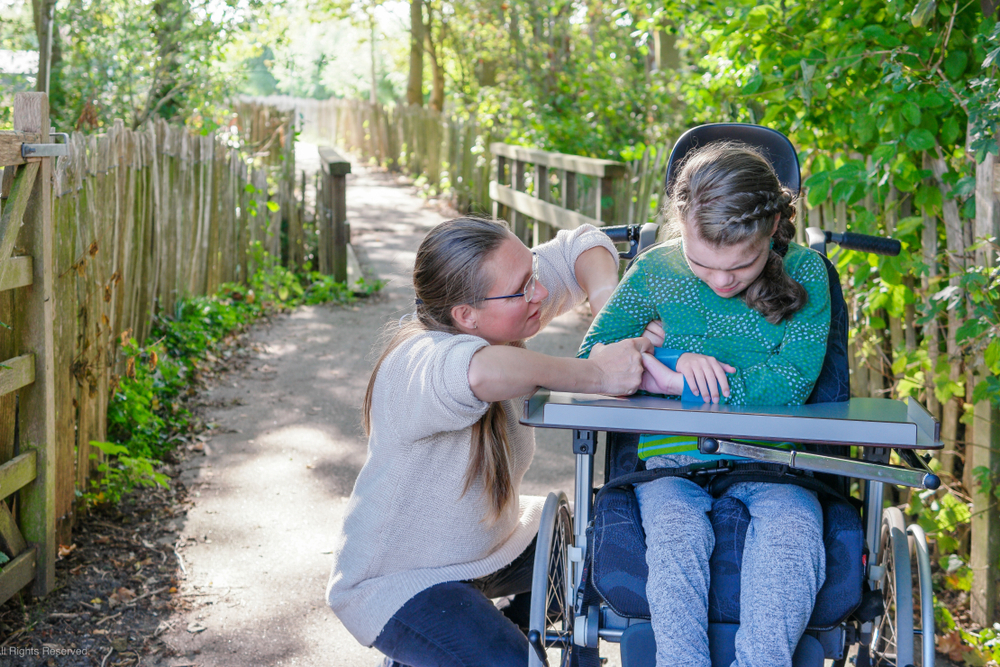In 2018, when we published our workforce report outlining a four-step strategy to solve the crisis we faced, we had no idea that 2020 would bring us a pandemic – nor that even in September 2023, we would face even worse conditions, conditions which deprive people with disabilities and families from a level playing field.
On September 27, the Boston Globe published “There Are No Words” by Liz Kowalczyk. The story highlights data on allegations of abuse and neglect at residential schools which serve students with autism. It includes several examples of abuse – for example, putting cayenne pepper in a student’s eyes or a student being kicked by a staff person because the staff person wanted to continue sleeping even though he was being paid to stay awake and be available with the overnight position.
There is some irony here, because during this same week in September, two major advances were made in health care and disability. The National Institutes of Health (NIH) announced on September 26, that persons with disabilities will be designated as a “health disparity population” which “allows for more funding and research into the health equity barriers disabled people face.”
Additionally, President Biden announced health care provider training with “more than $8 million through 18 awards to train primary care medical students, physician assistant students, and medical residents in providing culturally and linguistically appropriate care for individuals with limited English proficiency and individuals with physical or intellectual and developmental disabilities.”
These two positive developments track with our own legislature’s decision to bolster Operation House Call, presently training at the Commonwealth’s medical schools and some graduate schools of nursing.
While these health policy advances take place, the “Better Care, Better Jobs” Act and similar bills to fund home and community services have not moved in in Washington D.C. We also have not seen the needed increases in the federal funding for special education and transition.
We need to recognize that assisting children and adults with autism and other disabilities is not a secondary matter. Although the Globe focused on residential schools, we know that there is even more need for family support, and access to various communication and behavioral therapies.
Funding has not kept up with the cost of living, and as a result, recruitment and retention of staff has been severely affected. This translates into inadequate services for many.
Be part of The Arc’s efforts at addressing the crisis through the workforce bill and annual budget advocacy. Be part of the solution by education your legislators about what your children are facing regardless of whether they are in school or adults who receive services.




